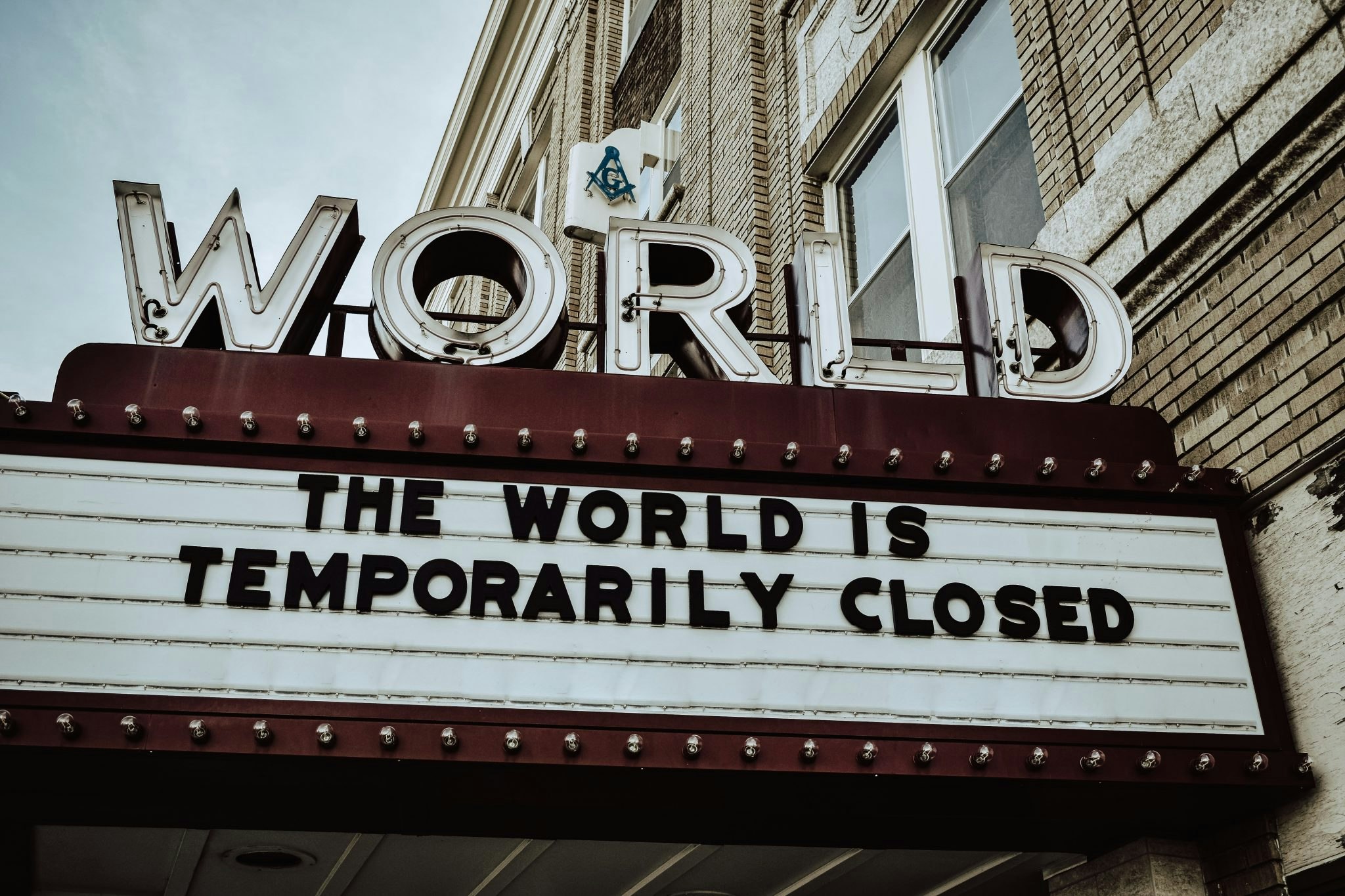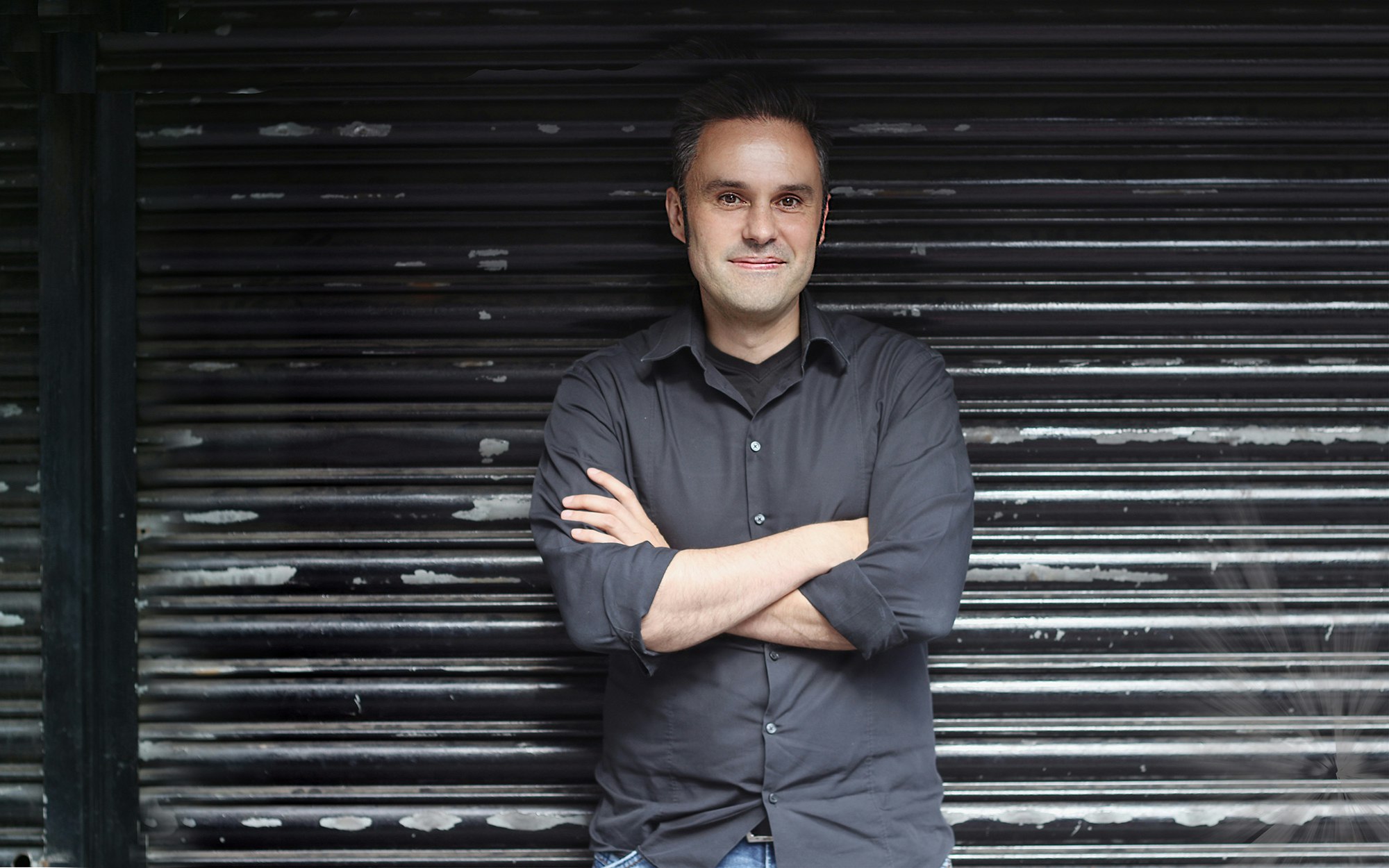Computing
Face-off
Microsoft’s M12 investment arm is divesting its stake in Israeli facial recognition company AnyVision. M12 had received a lot of criticism for its investment which was seen as in conflict with its own ethical principles against the use of mass ongoing surveillance. Bosch is one of the other corporate investors in the company.
Ecommerce
Ozon raises
Russian online retailer Ozon, which is backed by Sistema, the conglomerate with interests in everything from banking to oil, raised $50m through a convertible loan from US investment fund Princeville Capital.
Healthcare
Kidney research on hold
Pharma companies that aren’t dealing with Covid-19 related problems are having to put clinical trials on hold. AM-Pharma BV, the Netherlands-based company developing treatments for acute kidney injury, raised another $52m in funding from Cowen Healthcare investments and the European Investment Bank. The money will help tide the company over as a study, intended to start this summer, has had to be pushed back.
Autoimmune treatments funded
Roche Venture Fund was one of the backers of a $80m funding round for Pandion, the US biotech company creating treatments for autoimmune disease.
Gene therapy
Lonza and Partners Innovation Fund took part in the $60m series A fundraising for Affinia, the US startup developing gene therapies for people suffering from muscle and central nervous system diseases.
Logistics
Faster deliveries
Next47, the Siemens-backed investment fund, was one of the participants in the $30m series D funding round for delivery orchestration software provider Bringg.
The Covid-19 outbreak has pushed restaurants, grocers and retailers to all suddenly embrace home delivery and Bringg has seen a 24% week-on-week increase in customer delivery volumes in the last week alone. The new funding round will help it expand business more quickly to both large and small customers. Daimler Technology & Venture was a backer in the previous, series C round.
Mobility
Rethinking transport routes
Shell, the energy company, and Exor, the Dutch holding company whose interests include Fiat Chrysler, Ferrari, Partner Re and Juventus, the football club, were new investors in the series E funding round for Via, the on-demand shuttle startup.
The New York-based company helps cities, schools and businesses optimise bus routes and fill “transport deserts”. During the Covid-19 crisis it is seeing additional demand in helping cities figure out how their transit systems should be temporarily reconfigured, with commuter routes shuttered but a need for essential workers — and food and medical supplies — to move around.
The latest raise values the company at $2.25bn. Japan’s Mori Building and Australia’s Macquarie Capital also took part.
Good reads:
Monitoring Covid-19 through...sh*t?
Analysing the wastewater that goes through water treatment plants could be a non-invasive way of monitoring the extent of Covid-19 infection. According to this article in Nature, studies in the Netherlands have shown that viral RNA can appear in faeces before severe symptoms start to be reported in the community, meaning this could be used as another indicator which areas may need a lockdown. This is a potentially useful tool for ongoing management of the disease.
Why creativity is needed in emergency response
Grand challenges and hackathons for dealing with deadly diseases is not a new thing — they have been held to tackle epidemics like Ebola and Zika. This Medium post by OpenIDEO, the open innovation platform run by IDEO, recaps the ideas that came out in their sprint to find ways to tackle Ebola — including using ideas from extreme sportswear to make protective clothing more effective and creating the e Ebola Survivor Corps, a team of first responders drawn from those who had survived (and therefore gained immunity to) the disease. Plenty of lessons and ideas here that apply to Covid-19.
How can we make the “inclusive innovation” unleashed by Covid-19 the new normal?
A huge number of grassroots initiatives, hackathons and mutual help groups have emerged to help combat the coronavirus crisis, from maker communities designing ventilators to small labs offering testing, to communities coming together to support the vulnerable. How do we scale those up so that they can reach more people — and how can we keep this kind of innovatio going for other challenges after this crisis is over? This transcript of a conversation between Nesta, the UK innovation foundation, the United Dations Development programme and Kings College London explores ideas.


